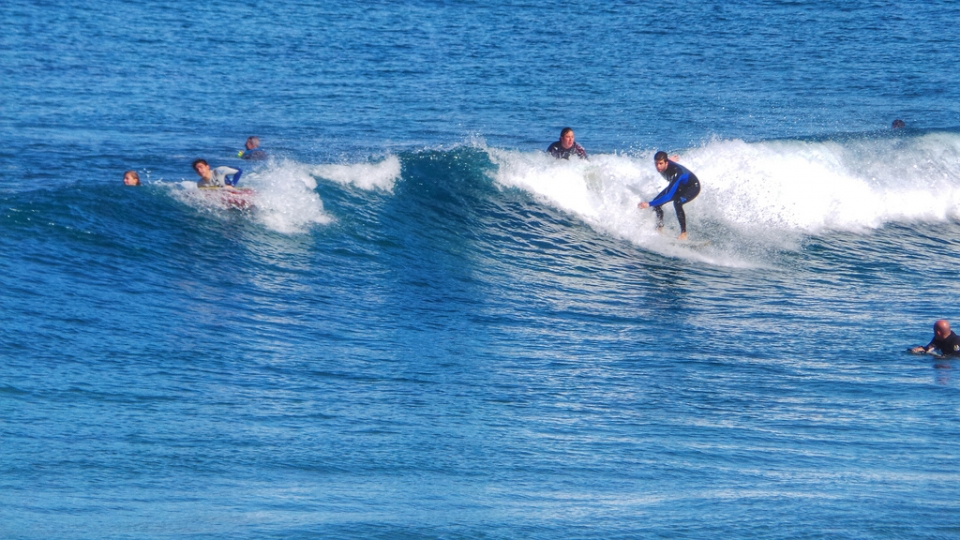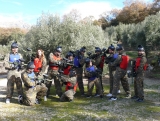
First of all, here are the best beaches in the country to practise - fortunately, there are many and they're well distributed throughout
the country. Watch this video of the 2016 Spanish Surfing Championship to get an idea. Is this the level you want to reach?
5 FACTORS TO CONSIDER IF YOU WANT TO LEARN SURFING
1. Choose your surf school carefully
No one is born knowing how to surf, so the first thing you should do is find your perfect surf school. All schools have specialised instructors in this field, so we recommend looking for one in your area or where you'll be staying for a few days. If you're going on a beach holiday, it could be the perfect time to spend a few hours every morning practising, for example.

It's important to know that each school has different learning levels according to each student's ability, so don't worry - you'll be on equal footing with your classmates. The school will also provide wetsuits and boards.
2. Learning process
It's also important to highlight that learning this sport is a process - different for everyone, but a process nonetheless - so don't get discouraged if you don't pick it up quickly. You'll fall countless times, miss waves, etc., but you mustn't lose heart.

No one learns to surf in a single day; you need to listen to your instructor and progress gradually, wave by wave, day by day.
3. Suitable waves
Don't rush to catch the biggest waves that come along. As we've mentioned, this is a process that takes time. You'll need to get used to the board, paddling, learning to stand up, finding your balance... and this isn't done with the biggest wave just to show off. You should start with the waves your instructors recommend and then progress to those you feel comfortable with.

You'll see how gradually you'll gain practice, catching wave after wave, and each time you'll feel much more confident.
4. Appropriate board
The board should be suitable for beginners in this sport. Generally, wider boards that are larger than normal are recommended as they give you more manoeuvrability when trying to catch a wave.

Here's an article we wrote about the different types of surfboards that exist. Have a look as it's sure to interest you.
5. Don't despair
This is probably the most important of all the points mentioned above. We know we've already talked about this, but it's worth emphasising even more. Many people who've wanted to surf their whole lives give up too easily, and this is exactly what shouldn't happen.

You need to be very patient - you might take more days than your friends, so what? The important thing is learning how to do it so you can all enjoy this wonderful activity together later. BE PATIENT and enjoy every second in the water!
Now that you know these things, are you ready to give it a go?












